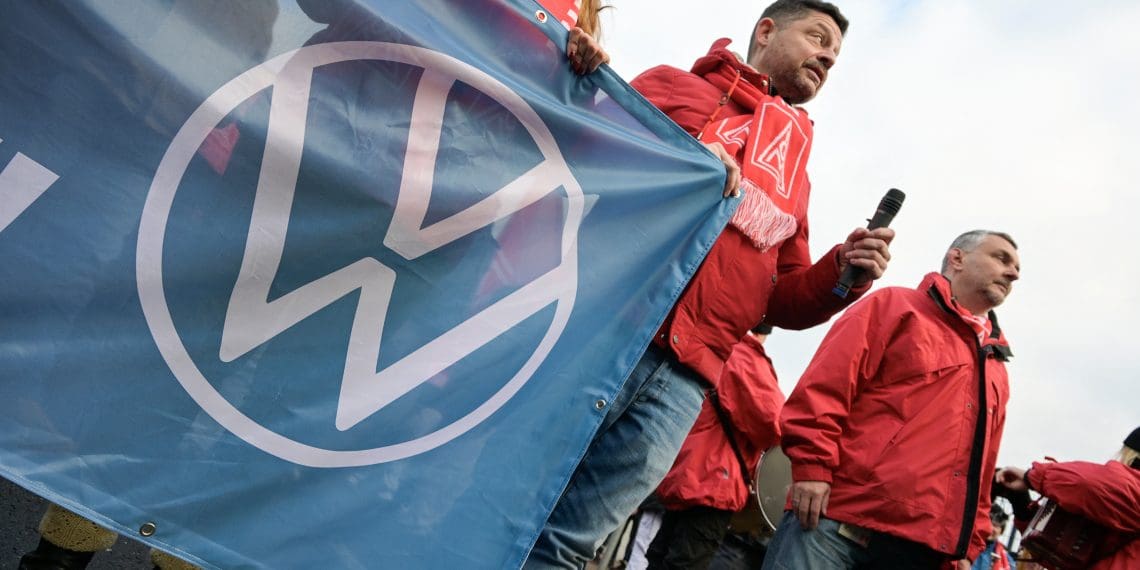Volkswagen’s Tennessee assembly plant has become a battleground in the ongoing struggle between the automaker and the newly unionized United Auto Workers (UAW). Despite offering a 14% wage increase over four years, profit-sharing benefits, and improved healthcare, VW’s proposal has drawn sharp criticism from union representatives who demand more in light of the company’s record profits.
“Union Rejects VW’s Offer”
Yogi Peoples, a member of the UAW-VW Bargaining Committee, dismissed Volkswagen’s offer as insufficient.
“We’ve been bargaining for months, and VW is still not taking our demands seriously,” Peoples said. “With the record profits they’ve made and the dividend schemes they’ve used to pad the pockets of shareholders, there’s more than enough money to meet our demands for a record contract.”
“Historic Unionization Victory in the South”
The unionization of Volkswagen’s Chattanooga plant earlier this year marked a historic milestone. It became the first auto plant in the South to unionize via election since the 1940s and the first foreign-owned facility in the region to do so. UAW President Shawn Fain led the effort, capitalizing on momentum from a successful campaign in Detroit.
Fain’s leadership secured a six-week strike against Ford, General Motors, and Stellantis in late 2023, achieving a 25% general wage increase and cost-of-living adjustments for unionized workers. However, the UAW has faced setbacks, most notably in May, when workers at Mercedes-Benz’s Alabama plant voted against unionization.
“Volkswagen’s Global Labor Tensions”
The tensions in Tennessee are mirrored by labor disputes in Volkswagen’s home country of Germany. Record-breaking strikes have rocked the company as it grapples with mounting pressure to cut costs and compete with Asian automakers. The automaker has warned of potential job losses or plant closures, escalating the stakes in its negotiations with unions both in Europe and the U.S.
“The Broader Labor Movement”
The UAW is actively working to unionize more than a dozen non-union automakers across the U.S., including industry giants Toyota and Tesla. The outcome of these efforts could redefine labor dynamics in the automotive industry, particularly in the traditionally anti-union South.
“What’s at Stake?”
- For Workers: UAW members at the Chattanooga plant are pushing for a contract that matches the gains made in Detroit, emphasizing equitable pay and benefits amid Volkswagen’s strong financial performance.
- For Volkswagen: The automaker is navigating a delicate balancing act between appeasing union demands and maintaining profitability in a fiercely competitive global market.
“Looking Ahead”
The outcome of the Tennessee negotiations could set a precedent for future unionization efforts at foreign-owned auto plants in the South. With the UAW’s determined push and Volkswagen’s global labor challenges, the stakes are high for both sides. The resolution—or lack thereof—could signal a turning point in the fight for labor rights in the U.S. automotive industry.










